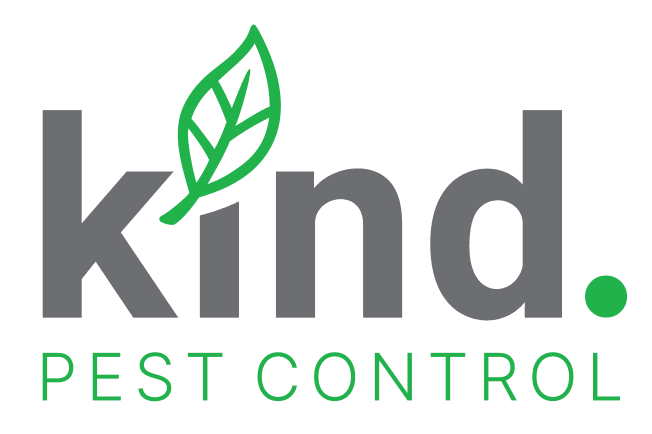Millipedes
Millipedes are incredible creatures. With their many legs and segmented bodies, they can appear as something straight out of a science fiction movie. Although these arthropods contribute positively to the environment by breaking down organic material, they can become a nuisance when they invade our living spaces in North Carolina. This blog post will serve as a comprehensive guide to understanding and controlling millipedes.
Introduction to Millipedes
Millipedes belong to a group of arthropods known as Diplopoda. Unlike centipedes, which are carnivorous, pests are primarily detritivores, feeding on decaying organic matter such as leaves and wood. Millipedes have two pairs of legs per body segment (unlike centipedes, which have one pair), and while their name means “thousand-legger,” most species have far fewer—usually between 30 and 400 legs.
The problem with millipedes starts when they find their way into homes, usually in search of food and shelter. They are not harmful or poisonous to humans, and they don’t bite or sting. However, when disturbed, some millipede species can release a foul-smelling fluid that can cause skin irritation.
Millipede Prevention: The Best Form of Control
Prevention methods are often the most effective form of pest control and typically involve making your home and garden less attractive to these arthropods.
- Reduce Moisture: Millipedes love damp, humid environments. Fix any leaky pipes, ensure your home is well-ventilated, and consider a dehumidifier in particularly moist areas.
- Seal Entry Points: Pests often enter homes through cracks and gaps. Regularly inspect your property for these potential entryways, and seal them using caulk or another appropriate material.
- Remove Food Sources: Since millipedes feed on decaying organic matter, remove potential food sources. Regularly clean up fallen leaves and rotting wood, and consider moving compost heaps away from the house.
Dealing with a Millipede Infestation
If millipedes have already made their way into your Raleigh, NC, home, here’s how to deal with them effectively:
- Manual Removal: For smaller infestations, manual removal can be a safe and effective option. Use a vacuum or broom to collect the pests and then release them outside, away from your home.
- Professional Pest Control: If your millipede problem persists or is particularly severe, it may be time to call in the professionals. Kind Pest Control has access to a variety of solutions and expertise that can help ensure the problem is dealt with effectively.
Millipedes: More Friend Than Foe
While millipedes can be a nuisance when they invade our homes, it’s important to remember that they play a critical role in the environment. By breaking down decaying organic matter, they help to recycle nutrients and enrich the soil. So, while it’s important to protect our homes from unwanted guests, let’s appreciate pests for the crucial ecological role they play.
Remember, the best pest control strategy is a proactive one. By following the tips outlined in this blog post, you can make your home less appealing to millipedes and keep these many-legged marvels in the great outdoors, where they belong!
Kind Pest Control is currently providing pest control services in Raleigh, Wake Forest, Zebulon, Durham, Chapel Hill, Cary, Apex, and other surrounding areas in North Carolina. We are happy to help with any millipede infestation you may be experiencing!
Give us a call and experience the Kind difference today!
(919) 981-9798

